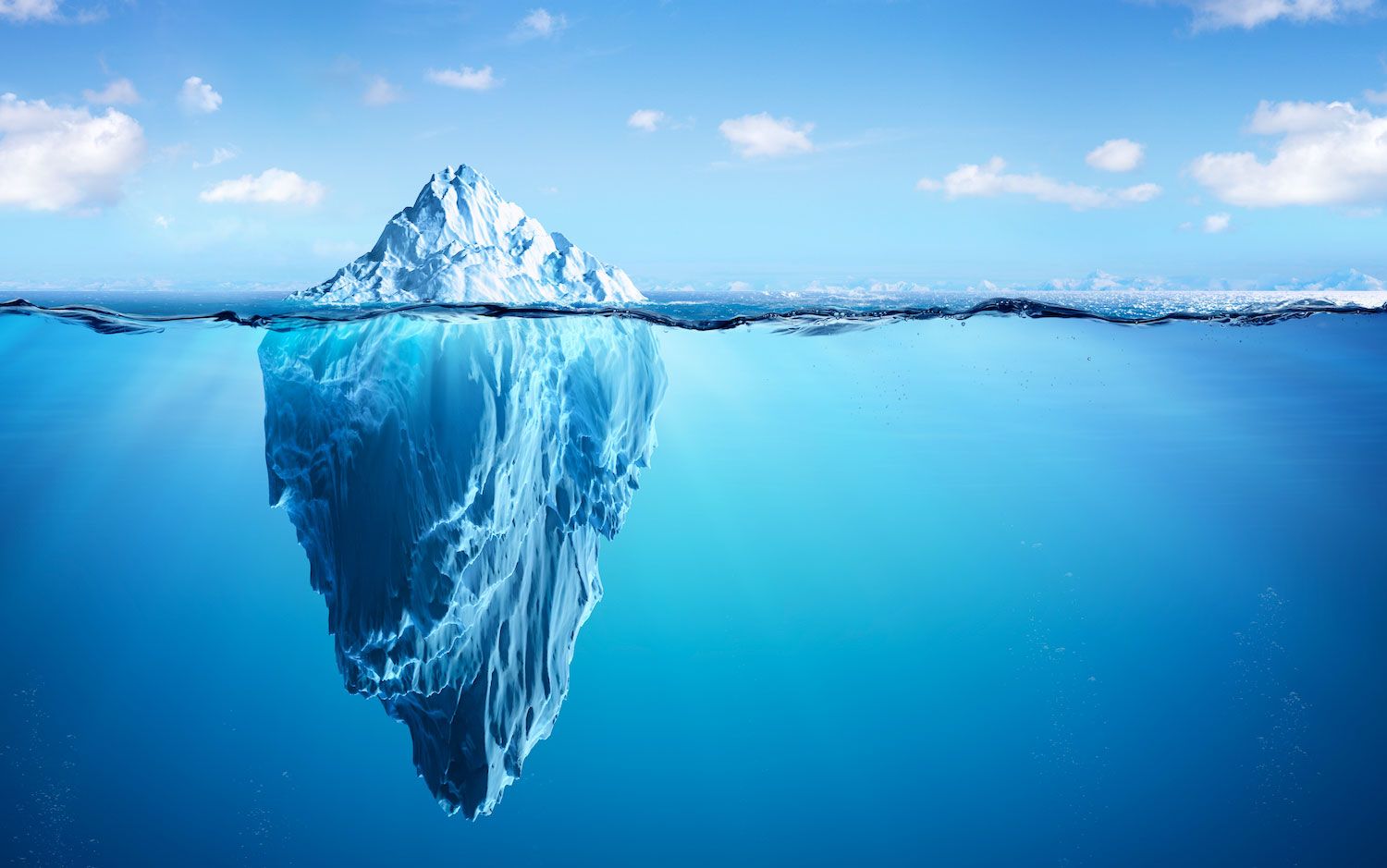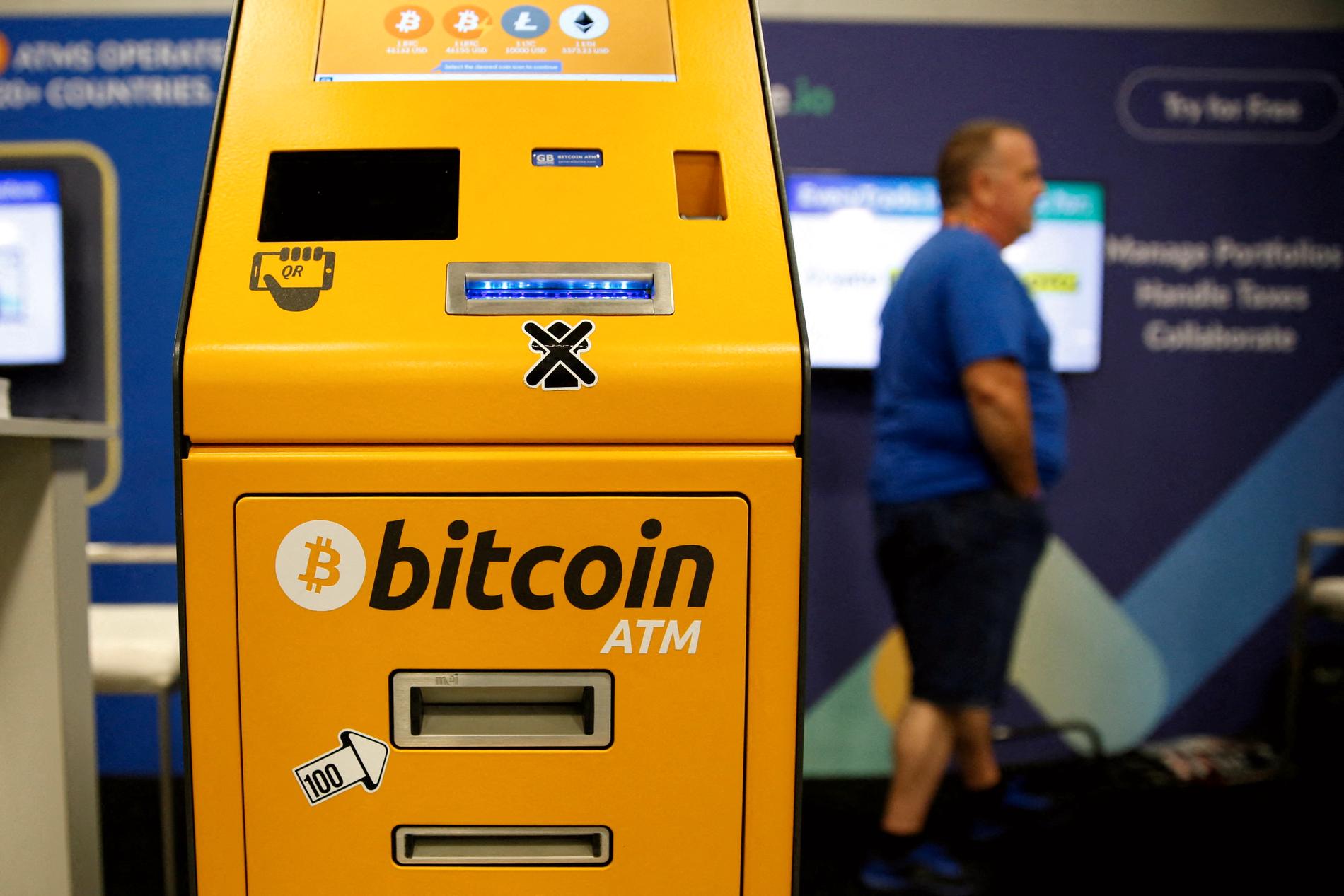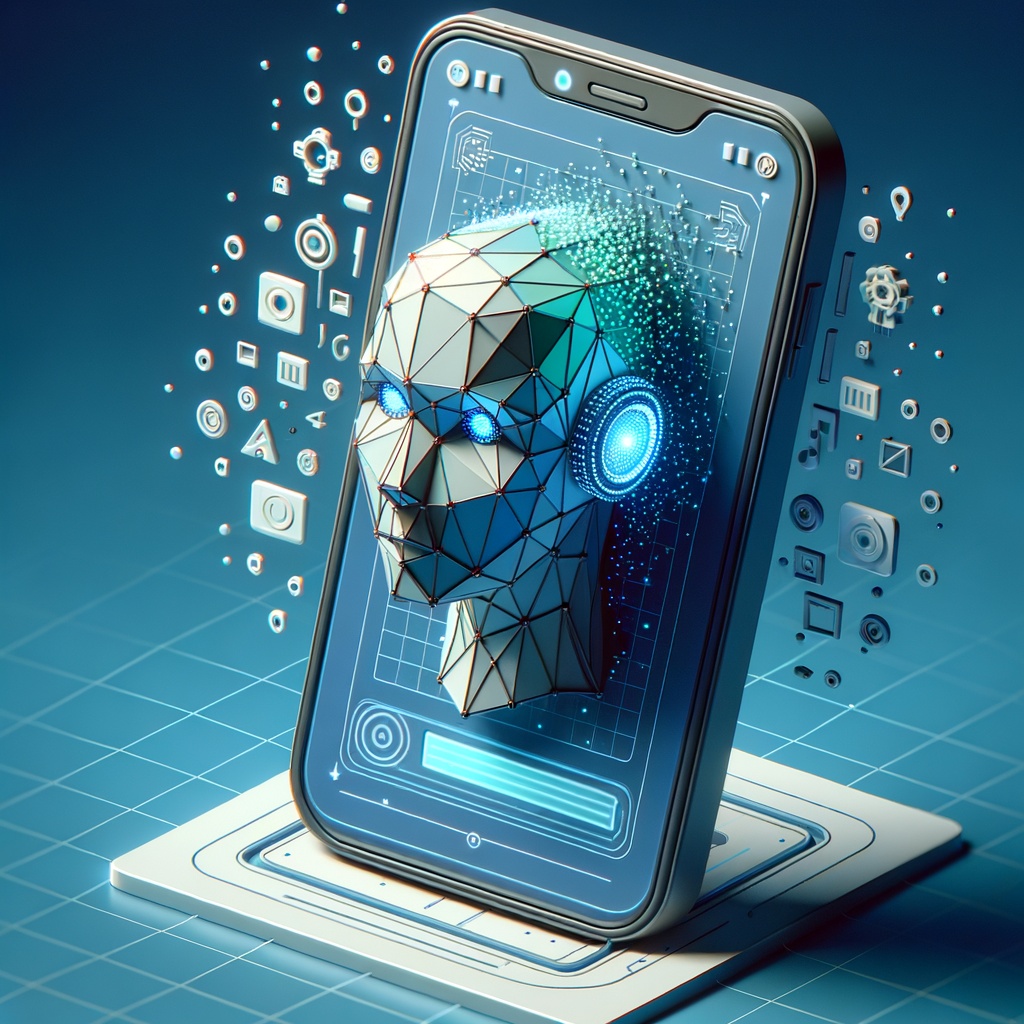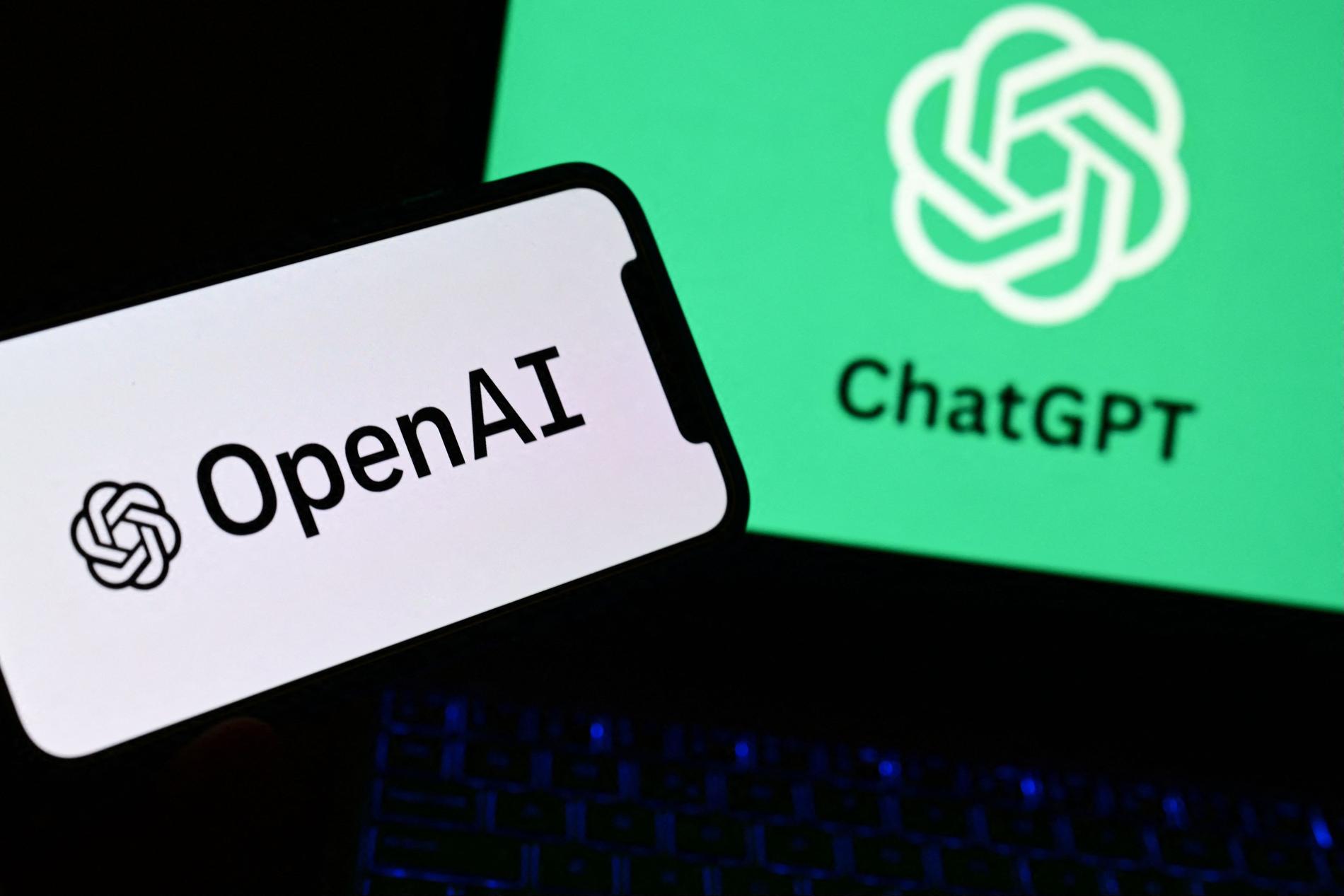Facebook is just the tip of the iceberg
By Rainer Johansson, Director of Communications at ICE and former Minister of State in the Ministry of Transport and Communications.
October is the safety month of the year and it didn’t start well. The downfall of Facebook, Messenger, Instagram and WhatsApp is an important reminder of digital addiction, and even if it is to be taken seriously, we in Norway have much bigger underlying problems.
The dominance of individual services on the Internet is only the tip of the iceberg, as the most dangerous dependencies are hidden beneath the surface. Services come and go, but we need the infrastructure to last.
While there are plenty of press conferences and seminars on how digitalization can accelerate and enrich our lives, it is not uncommon to see Norwegian society leaders come together to discuss concrete and real measures to tackle inadequate digital infrastructure, digital addiction and other risks of fasting. Digitizing our lives. Fortunately, there is a positive development, and it is not too late.
Let me point out five concrete examples of how our digital lives are based on a few actors and cables:
Transferring data inside and outside Norway It is critically concentrated by a narrow road in Sweden. In the event of a serious natural disaster, tactical attack, or accident, Norway can be digitally isolated. This is now being addressed by several foreign cables, after a report in 2016 revealed the vulnerabilities.
Holes in the national transport networkBig data cables between regions were revealed in the same report in 2016 and were referenced in several areas, especially East-West capacity. This is at a time when digital dependencies may have become more extensive than the infrastructure can defend.
There is no alternative transportation network It is, however, much more important. Today, almost all mobile communications and critical communications at some point pass through Telenor’s infrastructure. This is not a Telenor problem, but it should cause a major headache for any politician. The consequences of attacks or accidents can be catastrophic.
Norway is the last country in Europe with only two national mobile networks. They have the same equipment supplier, and with errors from one supplier, about 90 percent of mobile phone customers in Norway could lose coverage. That’s why a third network is now being built with Nokia as the provider. This is of course important in light of the need to increase competition, but the arguments for security and emergency preparedness are largely under-communicated.
Fiber monopoly is a real problem in NorwayThe same is true when a copper grid is the only alternative. There is reason to believe that 5G over time will help address this situation in parts of the country, but for many, reliance on a single player will be the situation they will have to live with. What critical services do politicians think should endure downtime similar to what we experienced with Facebook.
There are also very limited backup solutions in the business and public sectors, and it would be naive to think that the only resource that has it won’t have problems like Facebook. Even the government and parliament lack back-up solutions. I dare say there are many players and services in Norway that are more important than the uptime of Facebook and Instagram.
The list of digital addiction is more comprehensive and dangerous. Unfortunately, so much is set up as a simple domino chain that it’s almost impossible to do anything with when you first start out. This week it was the Facebook streak that fell, and we don’t know who’s next.
Of course, US and EU politicians must dismantle the dominant players, but Norwegian politicians must also have a conscious relationship to what we really need from digital infrastructure while continually increasing our digital adoption.
If you want to discuss this with me, I’m available on Signal.

“Web specialist. Lifelong zombie maven. Coffee ninja. Hipster-friendly analyst.”




